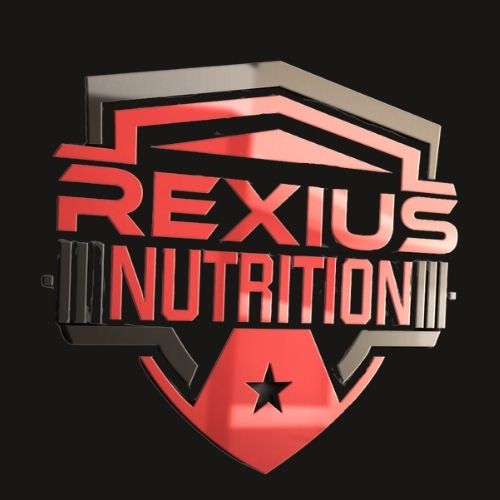Recovery, part 4
Using peri-workout nutrition to enhance recovery
Whatever your fitness goals are, nutrition obviously plays a part in achieving those goals. Weight-loss, fat-loss, muscle-building, strength, and performance can all be enhanced by manipulating nutrition to be in alignment with your training goals. This is especially important with peri-workout nutrition, meaning the pre-workout and post-workout meals, as well as whatever nutrients taken in during your workout (or intra-workout nutrition).
One of the reasons why peri-workout nutrition is so critical is the direct impact it can have on recovery ability. This is not to imply that nutrition at other times of the day don’t affect recovery; ideally one would be on point with nutrition all day long. However, it must be emphasized that the nutrients you take in surrounding your workout can both set the tone for your workout and help you get a jump-start on recovery (or not).
Here are some helpful ways to think about your peri-workout nutrition:
Pre-workout
Your pre-workout meal should ideally be consumed 60-90 minutes before you start your workout. If you have a particularly fast metabolism, you might be able to shorten that time. If you just don’t have the flexibility in your schedule to do that, then perhaps consider keeping your pre-workout meal small and simple. Ideally, this meal should consist of a good balance of protein, simple and complex carbohydrates, and fats. Depending on your digestive system, metabolism, and personal preference, you may want to choose protein and carbohydrate sources that are relatively easy to digest – this is what I prefer to do. The point here is to provide fuel for the workout, but you don’t want the discomfort of a full stomach hindering your workout. Currently my pre-workout meal consists of oatmeal, whey isolate (currently using Isoflex, by Allmax), strawberries, and some natural peanut butter. But chicken breast, white rice, and a small amount of avocado could also work well.
Intra-workout
For many years, I wasn’t particularly concerned with intra-workout nutrition; I just wanted to stay hydrated. This has been the biggest change that I have made in my approach to nutrition within the past 2 years, and it has made a big difference, both for me and for my clients. I have learned that during your workout is really the time when you can use nutrition to both improve your performance during your workout and set yourself up for better recovery once the workout is complete.
Carbohydrates during your workout can help keep energy levels high, as carbohydrates are the most readily-used form of energy. In a sense, taking in some simple carbs during the workout (usually in a liquid form) helps enhance short-term recovery, meaning the rest you’re getting between sets. Since hydration is also a concern, particularly during strenuous training, water and electrolytes can also be useful when consumed as part of an intra-workout drink.
In addition, consuming amino acids can also be beneficial during your workout, as amino acids are the building blocks of proteins. Now, there is some level of debate about the value of BCAAs (Branched-Chain Amino Acids) vs. EAAs (Essential Amino Acids). From what I understand about the current research on this topic, BCAAs are beneficial in terms of preventing protein breakdown, whereas EAAs both prevent protein breakdown and enhance protein synthesis. Since repairing the damage done from training is how we build bigger, stronger muscles, EAAs seem to be superior.
Currently, for intra-workout nutrition, I’m using Carbion, by Allmax, Adamantium Aminos, by Granite Supplements, and some Gatorade powder.
Post-workout
The post workout meal is all about recovery. For most people, this meal should be your highest carbohydrate intake of the day, and fast-digesting carbs are extremely valuable at this time. The primary reason this is the case is the role that insulin plays in nutrient uptake. Insulin is the hormone the body produces to regulate blood sugar levels, but it also is the most anabolic hormone in the body. With a high carbohydrate meal, insulin will rise, transporting nutrients to the muscle cells that need restoration prior to training. For this reason, I recommend fast digesting complex carbs such as white rice and simple carbs like fruit or honey as part of a post workout meal. I also recommend a reasonably easily-digestible protein such as chicken breast or fish, or a whey isolate supplement like Isoflex (Allmax) or IsoSurge (Mutant). I do not tend to consume much in terms of dietary fats with my post-workout meal, as I prefer to leave those to other times of the day. The exception to this would be if I’m having a cheat meal, but that is a topic for another day!
 Skip to content
Skip to content
